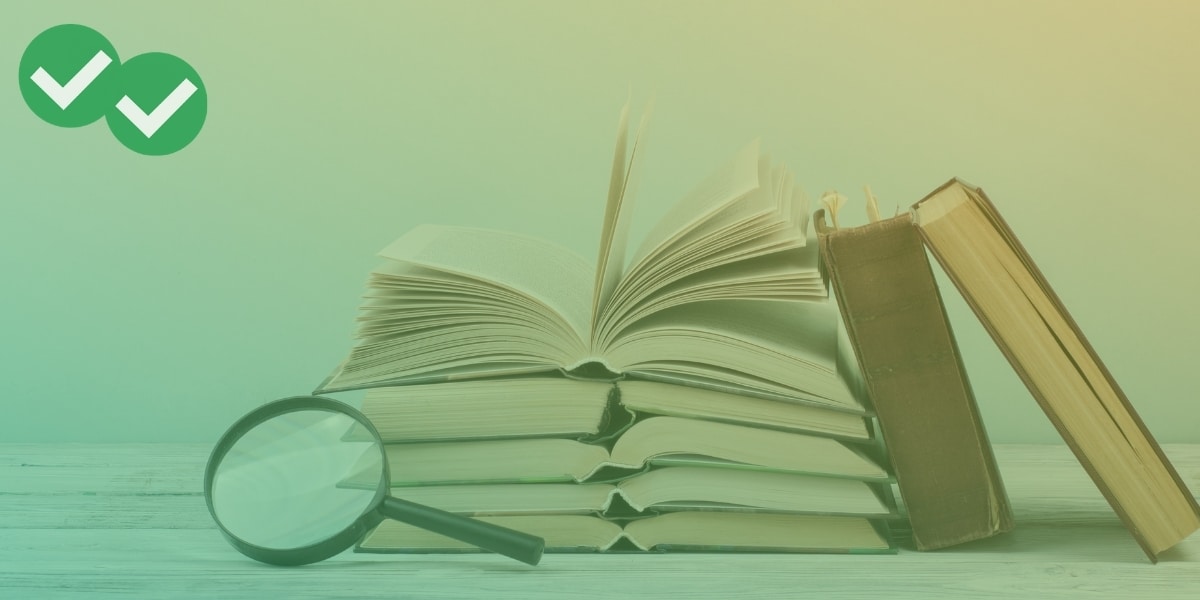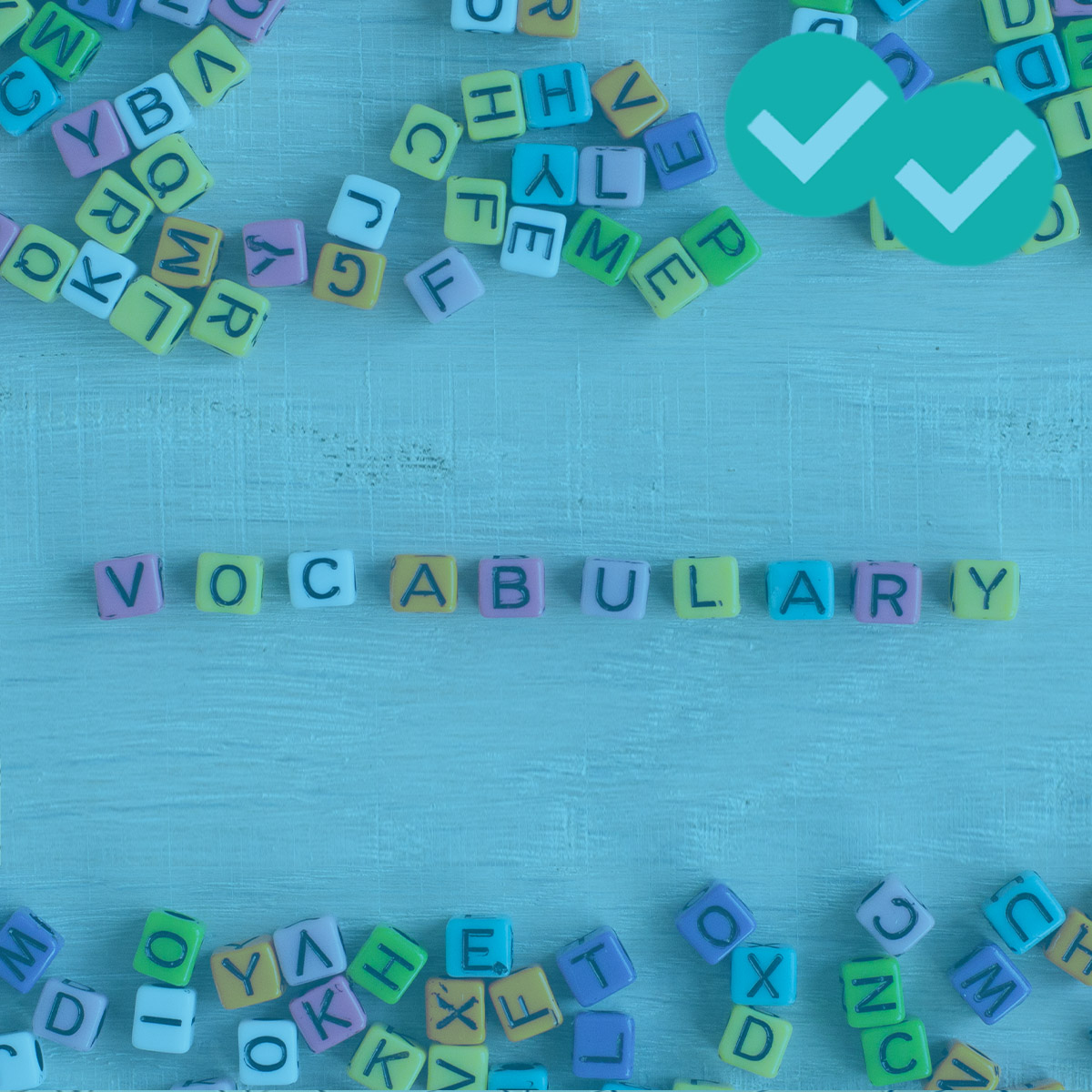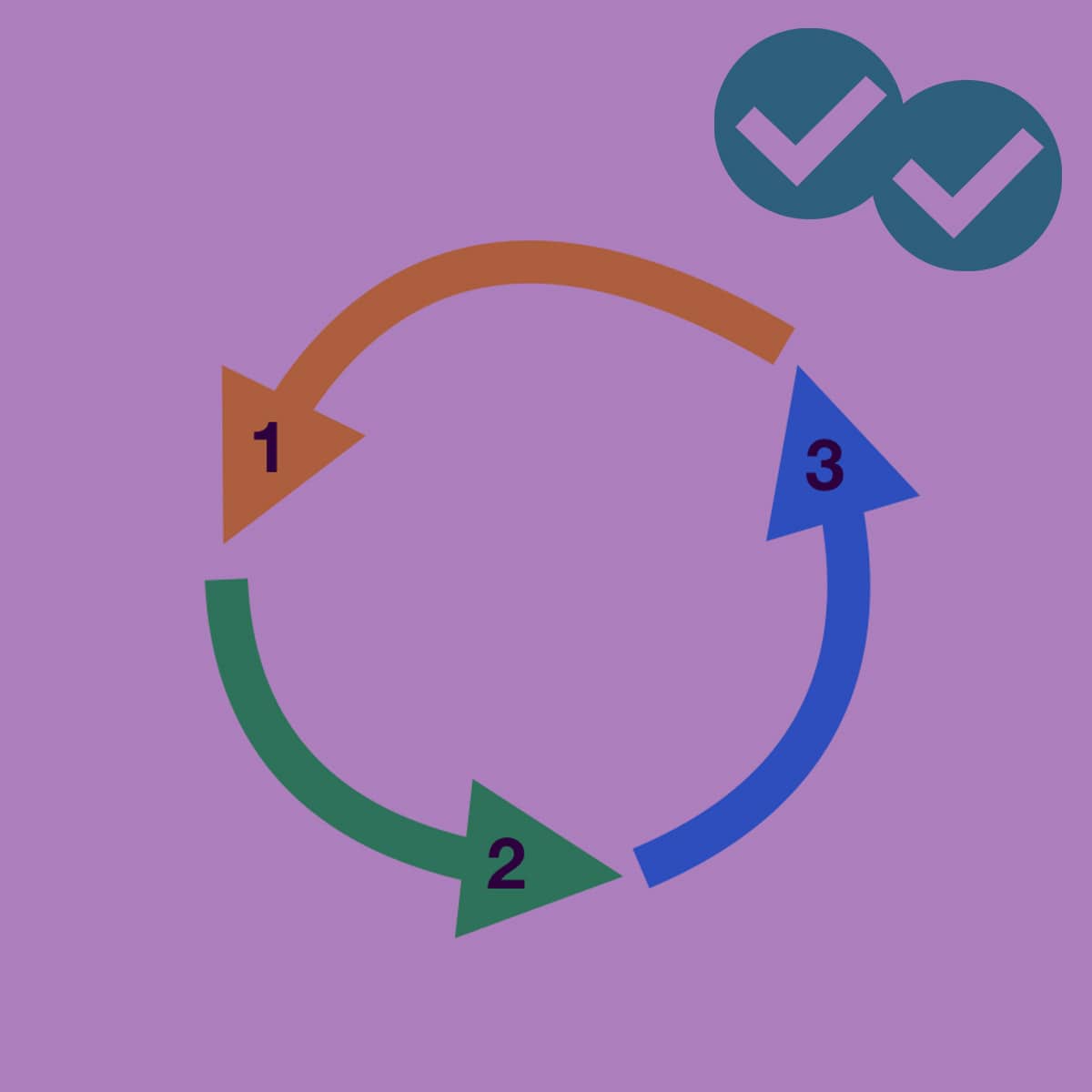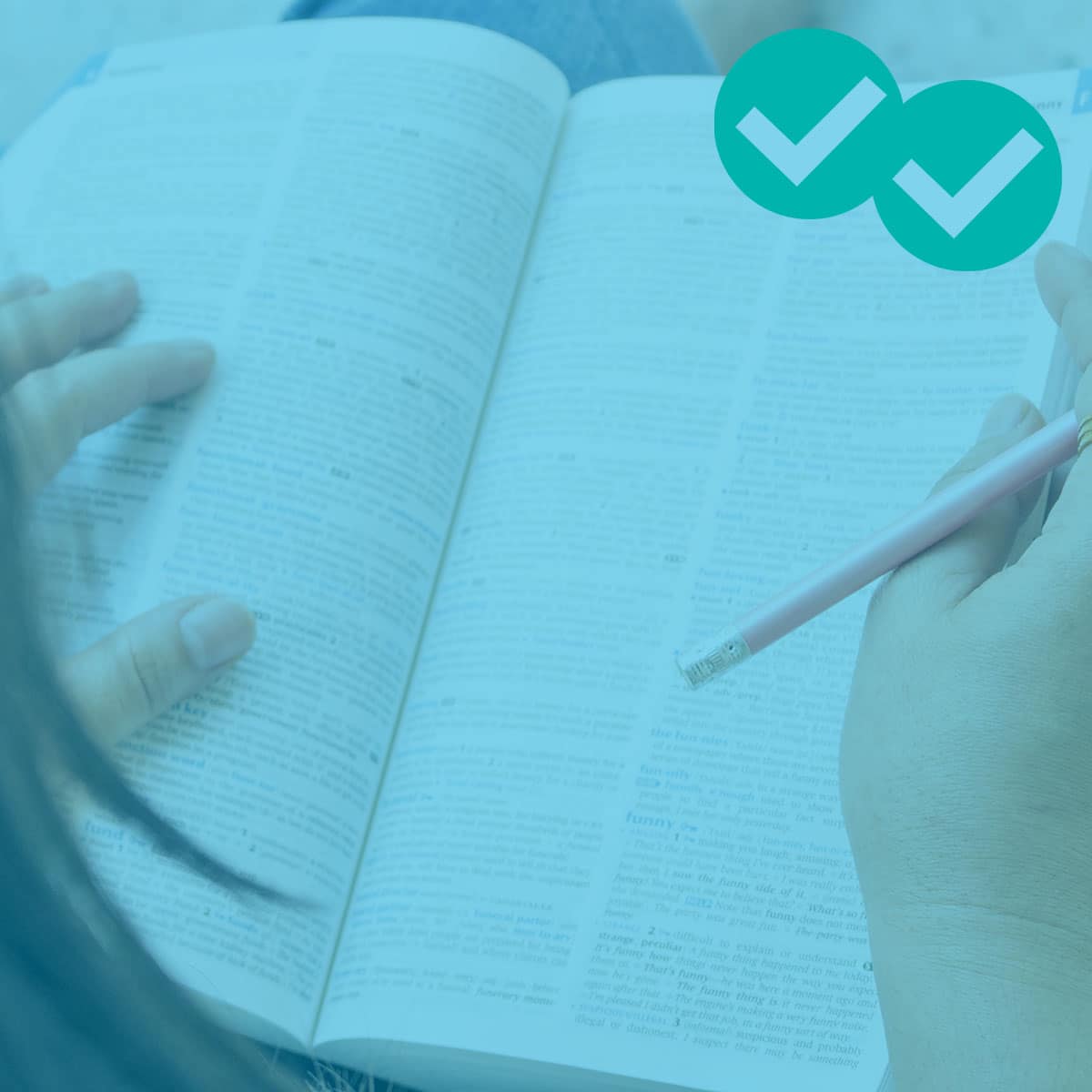
What is IELTS vocabulary like? Before I give you an answer, there’s one thing you should remember: each section of the IELTS—Listening, Reading, Writing, and Speaking—has its own unique mix of vocabulary.
Still, these sections do have one thing in common: each part of the IELTS features either academic vocabulary, conversational vocabulary, or a combination of both. Download our FREE IELTS vocabulary PDF below, then read on to find the word lists and resources to help expand your IELTS vocabulary.
TABLE OF CONTENTS
Click the links below to go to each section of our guide.
- Vocabulary by IELTS Topics (Academic and General)
- IELTS Vocabulary by Section
- Free IELTS Vocabulary PDF
- Additional Vocabulary Resources (Books and Lists)
- The Takeaway
Vocabulary by IELTS Topics (Academic and General)
There are many different IELTS word lists out there, and each list has a different number of words. So, exactly how many words do you need to know for the IELTS? The answer is that you can’t know. There’s no exact number of words that is guaranteed to give you full mastery of vocabulary for the test. In general, the more words you know, the better. Check out these word lists with comic illustrations to start with some of the most important types of vocab!
- Magoosh Comics: IELTS Science Vocabulary
- Magoosh Comics: IELTS University Vocabulary
- Magoosh Comics: IELTS Conversational Vocabulary
Here is a helpful video we’ve made that introduces you to some common vocabulary words you’ll encounter.
IELTS Vocabulary by Section
IELTS Writing Task 1 Vocabulary Lists
In IELTS Academic Writing, the vocabulary for Writing Task 1 is related to summarizing factual information. The task requires you to describe the contents of a detailed informational graph or chart. This means you need to write a factual, source-based essay. You’ll be required to use “reporting verbs,” or verbs that describe the way information is given. For example, you might say “the chart illustrates…” or “the graph presents…” or “the table demonstrates….” You’ll also need to use adjectives such as “approximately” or “gradually” to describe data, or changes to data over time.
Here are some great word lists and guides for Academic Writing Task 1:
- Useful Words for Writing an IELTS Graph Essay
- Process Diagram Vocabulary
- How to Describe an IELTS Map
- How to Describe an IELTS Bar Chart
- How to Describe an IELTS Pie Chart
In contrast, vocabulary for IELTS Writing Task 1 on the General Training test is more informal and conversational. For General Training, the first Writing task involves personal and professional emails and letters.
IELTS Writing Task 2 Vocabulary Lists
For both IELTS Academic and IELTS General Training, the second Writing task is the same. Writing Task 2 vocabulary should be appropriate for a short, university style essay.
What’s important here is that you are good at using written vocabulary in the right context. And we have specific vocabulary resources for specific Task 2 question types:
- Writing Task 2 Introduction and Vocabulary
- IELTS Advantage/Disadvantage Essay Vocabulary
- Advanced Writing Task 2 Vocabulary to Achieve Band 9
IELTS Speaking Vocabulary Lists
Using IELTS Speaking vocabulary is a unique challenge, as you will be tested on your vocabulary, grammar, and pronunciation during a short, in-person interview. Here are some sample vocabulary phrases you can use for IELTS Speaking:
- Useful IELTS Vocabulary and Phrases
- English Conversation Practice: Greeting Questions and Phrases
- 10 Conversation Topics for Adults Learning English
IELTS Listening and Reading Vocabulary Lists
It’s no secret that both the Academic and General Training IELTS Reading sections are full of academic vocabulary. However, General Training reading passages also contain some conversational vocabulary. Here are some conversational vocabulary examples for General Reading from the official IELTS website:
Likewise, on both tests, the IELTS Listening section contains both academic and conversational vocabulary. You’ll hear university-style lectures (academic) as well as conversations related to business (conversational).
Because the types of vocabulary you’ll encounter in Reading and Listening are so broad, we recommend using broader IELTS vocab resources to study for these sections, rather than anything specifically for one section. Learn more about the types of Listening and Reading vocabulary you’ll need to study in the linked post, or keep reading to get our FREE IELTS vocabulary PDF.
Free IELTS Vocabulary PDF
The Magoosh IELTS Vocabulary PDF is a great resource with vocabulary word lists and advice for each section of the IELTS. Did we mention it’s free? Click the button below to access the vocabulary PDF!
Additional Vocab Resources
Here are some other posts from our blog that cover IELTS vocabulary:
In addition to these, Magoosh IELTS offers free flashcards for over 600 common IELTS words. So what are you waiting for? Check out the Magoosh IELTS Vocabulary Flashcards online right now, or get on your phone and download our app for Android or Apple.
IELTS Vocabulary Books and Lists
As you look for the best IELTS books and resources, think about how these resources can help you build your vocabulary, directly or indirectly. Cambridge has made an especially good official IELTS vocabulary book, “Vocabulary for IELTS.” I own a copy of this book, and I highly recommend it.
Here are some IELTS vocabulary word lists to check out:
- Vocabulary.com’s IELTS vocabulary for 8 band page (and other IELTS word lists on their website)
- The Academic Word List, or AWL. Though it’s not IELTS-specific, it does cover all the kinds of academic words you’ll find on the test. The AWL features the academic vocabulary words that most often appear in university-level texts and lectures.
The Takeaway
IELTS vocab skills lead to exam success. There are many good resources, both here at Magoosh and in other places, that can help you learn IELTS vocabulary. And this article is a good resource in and of itself, so much that we recommend it as a supplement to our IELTS study schedules, especially the one-week IELTS study plan.
To truly master IELTS vocabulary, memorization exercises and flashcards are helpful. But there’s far more to vocabulary than just memorization. To really shine on the IELTS, make sure you are ready to not just recall vocabulary, but also to understand vocabulary in context. And of course, be prepared to fluently use IELTS English vocabulary in context, in your own writing and speech. Good luck!






